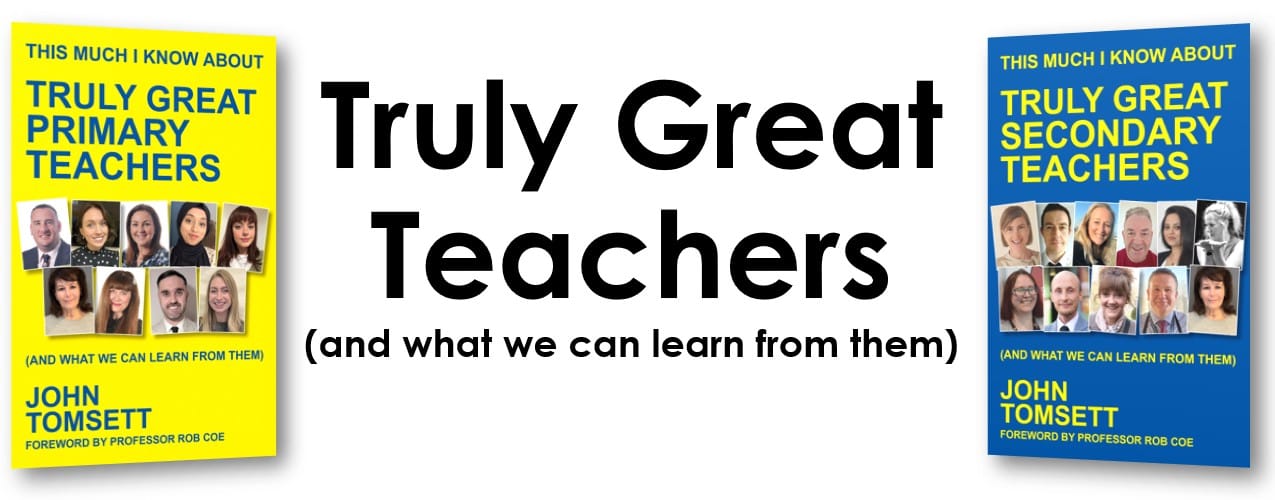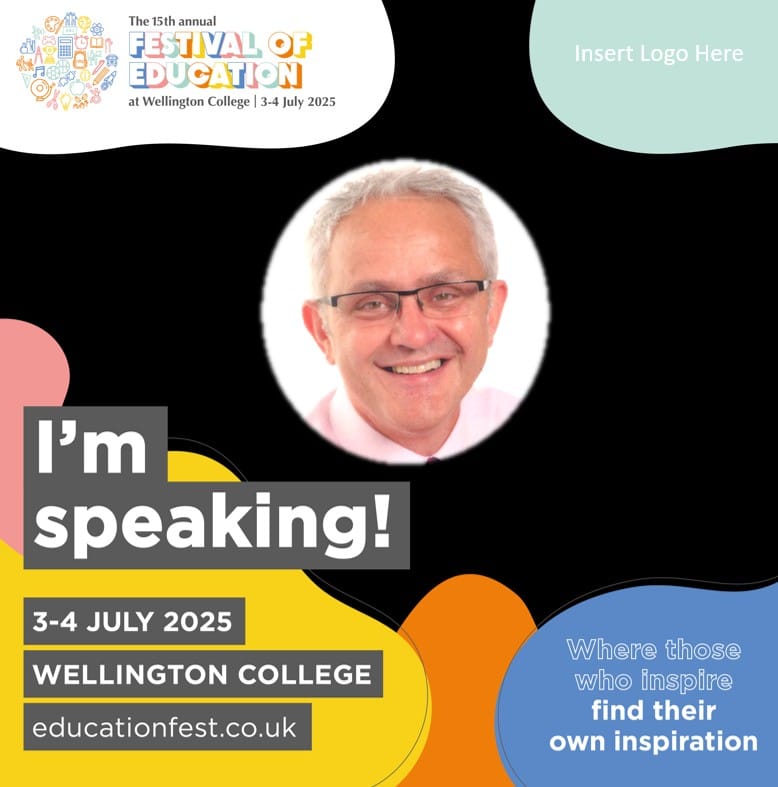
Since the focus of the OFSTED inspection framework changed in England in c.2018, schools have spent a great deal of time thinking about the content they want pupils to learn and the sequence in which that content should be taught. They have spent less time thinking about how that content should be taught.
The thing is, how we teach the content is key. If we teach negative numbers ineffectively in Year 4, we will be teaching negative numbers in Year 5 and every subsequent year until either we have taught negative numbers in a way that pupils understand negative numbers conceptually, or they leave school.
Just “delivering” the curriculum in a logically sequenced way is not enough. An interview with Professor Michael Young (one of the architects of the drive towards a knowledge-rich curriculum) was published in the TES in September 2022, where he addressed this precise point. I cite him at length, because I think it is an important reflection:
‘Lev Vygotsky [wrote] that acquiring knowledge in school has to be the voluntary act of a learner. You can’t actually teach anybody anything; they have to learn it. You can help them, but they’ve got to have that desire to know. If you haven’t encouraged pupils to engage in the process of acquiring knowledge, which is a very difficult process, then all you get is memorisation and reproduction in tests. I think this is why a lot of kids actually lose the desire to know during their time at school, whereas if we somehow found a way of enabling kids to discover that desire, which is inherent in all of them, schooling would be quite different. It would be a lovely thing to be a teacher, and not a struggle for much of the time. That’s been quite a revealing thought to me. The current interest in the curriculum overlooks this point. It’s so concerned with saying, "Have we got the knowledge?" that it forgets to ask, "How is the knowledge being acquired?" The curriculum is not just a body of knowledge; it’s a group of communities we must encourage our students to join. That’s how we have to look at it. We have to keep open the idea of a curriculum that is pedagogic, in the sense of it being accessible knowledge. It’s difficult to access, but accessible nonetheless.’
According to Dylan Wiliam, "pedagogy trumps curriculum (content)". Truly great teaching is what makes the irresistible content irresistible and enables pupils to learn what we intend them to learn. But that truly great teaching combines two components – precise enactment of some core pedagogic techniques and an unbridled enthusiasm for the work, rooted in a deep commitment to the job of educating young people.
In a recent thread on X, Tom Sherrington wrote that, “there is mileage in supporting teachers and students to enact more effective routines for learning, with higher expectations for lesson engagement, work rate, study habits etc.”. Tom is talking about ensuring the fundamentals of good teaching are razor sharp, so that questioning techniques, for instance, are enacted with unconscious competence, so that those techniques have the best possible chance of prompting pupils to think hard which will, hopefully, lead to them learning.
Sharpening those pedagogic techniques minimises teachers’ cognitive load and allows for the second component of truly great teaching. It frees them to be themselves in the classroom – to enthuse about what they are teaching, to go off-piste when the opportunity arises, to take the pupils with them as they explore what they love – safe in the knowledge that their core pedagogical practices are stimulating high levels of thinking in their pupils.
If we can train teachers to enact the core pedagogic practices with precision, whilst freeing them to be themselves in the classroom and genuinely enjoy what they do in a climate of love not fear, we have a chance of improving the classroom experience for our pupils, of making our schools places where it is enjoyable to teach and to learn, and, even, solving the teacher recruitment crisis and the pupil absence problem.
In my latest books, (one for primary and one for secondary) I was privileged to see 19 truly great teachers in operation, first-hand. The well-trained, professionally thoughtful, and evidence-informed truly great teachers featured in these books have earned a level of autonomy. None is fettered by pedagogic diktat from above. They have fun, they enjoy what they do, and their pupils learn a great deal. As Tom Sherrington says, ‘Teaching has to be joyful – and it can be if we let it.’[1] Not once did a lesson drag, not once did I lose interest, and rarely did I ever see a pupil off-task.
These teachers exhibited that magic combination of precise enactment of their foundational pedagogic toolkit and a sheer enthusiasm for the work. Each one of them made me think – as Professor Michael Young so eloquently put it – that it is “a lovely thing to be a teacher”.
This Much I Know About Truly Great Primary Teachers (and what we can learn from them) and This Much I Know About Truly Great Secondary Teachers (and what we can learn from them) are available from Crown House. To order copies, you can click on the links and visit the Crown House Publishing website.

I will be talking about truly great teaching at the Festival of Education on Thursday 3 July 2025 - come long to Venue 8 at 12:45 to hear what I have to say!
[1] T. Sherrington, Evidence-informed teaching has to be built around each teacher’s personality and desire for autonomy; let’s celebrate that. Available at: https://teacherhead.com/2024/01/07/evidence-informed-teaching-has-to-be-built-around-each-teachers-personality-and-desire-for-autonomy-lets-celebrate-that/.